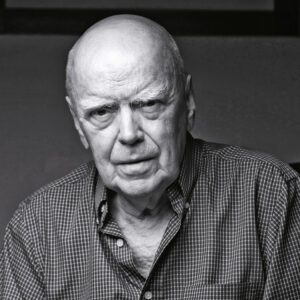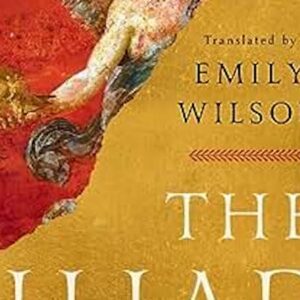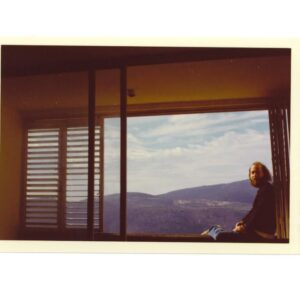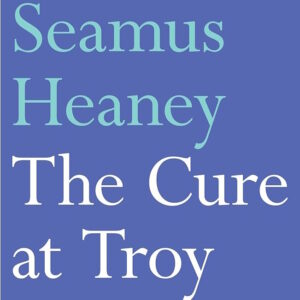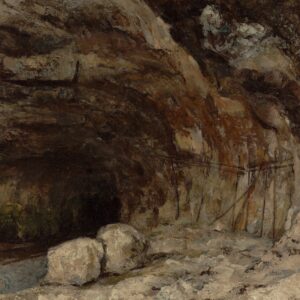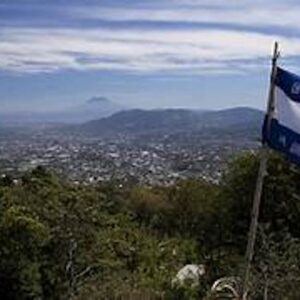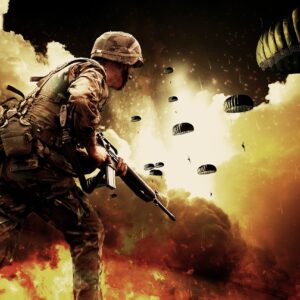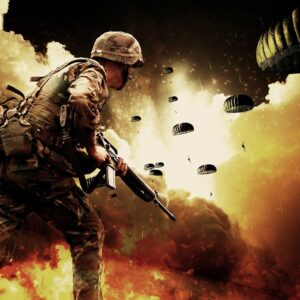
Close Reading a Poem by Yvor Winters
Here’s a poem by Yvor Winters (1900-1968), written during World War II, when California was on guard against possible attacks by the Japanese navy and air force. I’d like to lead you through this poem, and share a lesson I learned from reading and thinking about it.

